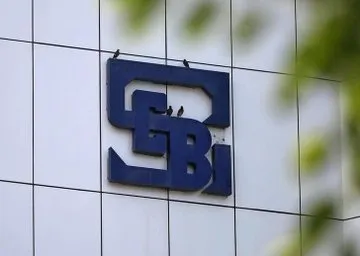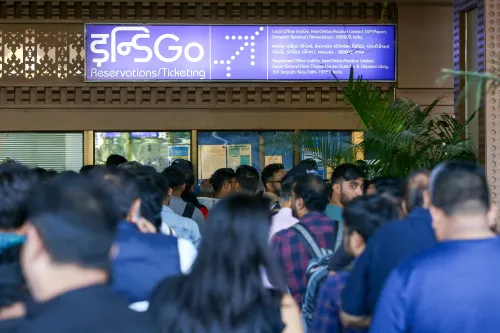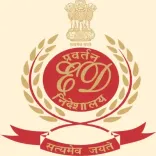Significant Changes Expected in Upcoming SEBI Board Meeting

Synopsis
Key Takeaways
- UPI-like protections for demat accounts.
- Independence of clearing corporations from parent exchanges.
- Stricter regulations for ESG rating providers.
- Enhanced definition of QIBs to include Accredited Investors.
- Technological advancements for investor protection.
Mumbai, March 10 (NationPress) The first board meeting under the direction of newly appointed Chairperson Tuhin Kanta Pandey will see the Securities and Exchange Board of India (SEBI) discuss several pivotal regulatory proposals.
The agenda includes implementing UPI-like protections for demat accounts, ensuring the independence of clearing corporations, broadening the definition of qualified institutional buyers (QIBs), and revising fee collection processes for research analysts.
In a bid to boost investor security, SEBI has proposed a system akin to the Unified Payments Interface (UPI) for demat accounts.
This initiative, introduced on February 18, aims to link each investor's unique client code to their mobile phone's SIM.
The objective is to combat unauthorized access, identity theft, SIM spoofing, and fraudulent activities.
Another major point on SEBI's agenda is enhancing the independence of clearing corporations (CCs) from their parent stock exchanges.
In November 2024, SEBI board member Ananth Narayan stressed the necessity for a review of the current structure.
Presently, CCs in India are wholly owned by their parent exchanges, while globally, they often function as independent public utilities serving all market participants.
Additionally, stricter regulations for ESG (environmental, social, and governance) rating providers are set to be discussed.
Proposed changes include rules for rating withdrawals, enhanced disclosures, audits, and governance standards.
For ratings under a "subscriber pays" model, withdrawals will only be permitted if there are no active subscribers.
In the "issuer pays" model, further conditions, such as a minimum rating period of three years and approval from 75 percent of bondholders prior to withdrawal, have been suggested.
Last week, SEBI Chairman Pandey reiterated the regulator's commitment to leveraging technology to improve efficiency, transparency, and investor protection.
At a media conference, he stated that SEBI is dedicated to mitigating risks within the system and providing a secure environment for investors.
"An informed investor is well protected. SEBI's future efforts will focus on raising awareness among both current and prospective investors," Pandey noted.
SEBI has also proposed expanding the definition of Qualified Institutional Buyers (QIBs) to encompass Accredited Investors for angel funds.
This suggestion, made on February 21, would enable angel funds to garner capital beyond the current limit of 200 investors stipulated under the Companies Act.










